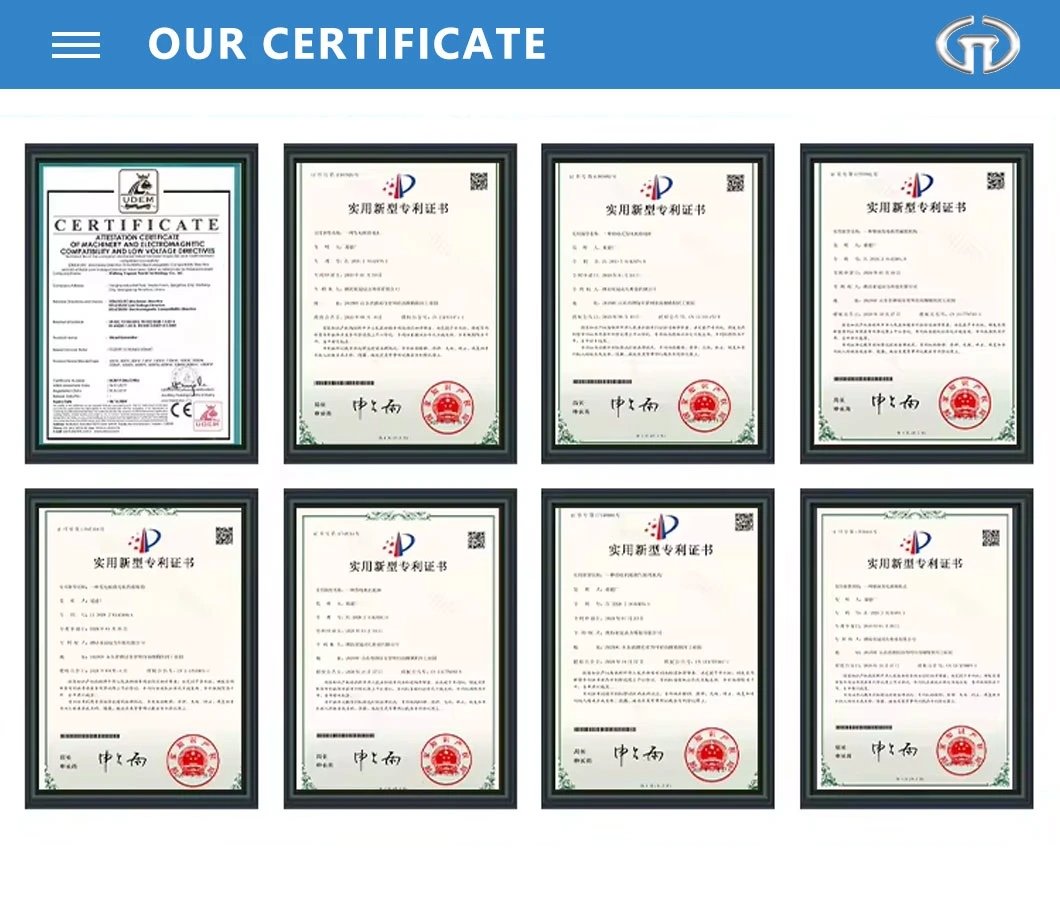Introduction
In today's fast-paced world, product validation is a crucial step in the development and launch of any new product. It involves testing the product under various conditions to ensure its functionality, reliability, and performance. One of the key components in product validation is the use of diesel generators. In this comprehensive guide, we will delve into the importance of diesel generators in product validation, their benefits, and best practices for using them effectively.
Understanding Diesel Generators
Diesel generators are a type of backup power supply that use diesel fuel to generate electricity. They are commonly used in situations where a reliable source of electricity is needed, such as in remote locations, during power outages, or in industrial settings. Diesel generators consist of an engine that runs on diesel fuel and an alternator that converts mechanical energy into electrical energy.
Diesel generators are known for their reliability, efficiency, and durability. They can provide a continuous source of power for extended periods of time, making them ideal for product validation tests that require uninterrupted power supply. In addition, diesel generators are cost-effective to operate and maintain, making them a popular choice for businesses and organizations around the world.
Importance of Diesel Generators in Product Validation
Product validation is a critical step in the product development process that helps ensure the quality and reliability of a new product. It involves subjecting the product to a series of tests and evaluations to verify its performance under different conditions. Diesel generators play a crucial role in product validation by providing a stable and consistent source of power for testing purposes.
During product validation, various tests are conducted to assess the performance of the product under different scenarios. These tests often require a continuous power supply to run the equipment and instruments used in the testing process. Diesel generators are essential in ensuring that the tests can be carried out without any interruptions due to power outages or fluctuations.
In addition, diesel generators can be used to simulate power outages or voltage fluctuations to test the resilience of the product under adverse conditions. By subjecting the product to these stress tests, manufacturers can identify potential weaknesses and make necessary improvements before the product is launched in the market.
Benefits of Using Diesel Generators for Product Validation
There are several benefits to using diesel generators for product validation:
1. Reliability: Diesel generators are known for their reliability and ability to provide a continuous power supply for extended periods of time. This reliability is crucial during product validation tests that require uninterrupted power supply to run tests and collect data.
2. Cost-effectiveness: Diesel generators are cost-effective to operate and maintain compared to other types of backup power supplies. This makes them a practical choice for businesses that need a reliable power source for product validation tests without breaking the bank.
3. Portability: Diesel generators are available in various sizes and configurations, making them portable and easy to transport to different locations. This flexibility allows businesses to conduct product validation tests in diverse environments and settings.
4. Durability: Diesel generators are built to withstand harsh conditions and heavy usage, making them a durable and long-lasting option for product validation. Their robust construction ensures that they can handle the demands of continuous operation during testing.
30kw diesel generator for remote mining sites for Using Diesel Generators in Product Validation
To ensure the effective use of diesel generators in product validation, it is important to follow best practices:
1. Proper Maintenance: Regular maintenance of diesel generators is essential to ensure their optimal performance during product validation tests. This includes checking and changing the oil, filters, and other components according to the manufacturer's recommendations.
2. Fuel Management: Proper fuel management is crucial to ensure that the diesel generator has a sufficient supply of fuel to operate during product validation tests. It is important to monitor fuel levels regularly and refuel the generator as needed to avoid interruptions in testing.

3. Load Testing: Conducting load tests on the diesel generator before using it for product validation can help identify any issues or potential problems. This involves running the generator at different load levels to ensure that it can handle the power requirements of the testing equipment.
4. Safety Precautions: It is important to follow safety precautions when using diesel generators for product validation to prevent accidents and injuries. This includes ensuring proper ventilation, keeping flammable materials away from the generator, and following manufacturer's guidelines for operation.
Conclusion
Diesel generators are an essential component in product validation, providing a reliable and consistent source of power for testing purposes. Their reliability, cost-effectiveness, and durability make them a popular choice for businesses and organizations conducting product validation tests. By following best practices for using diesel generators, businesses can ensure the successful completion of product validation tests and launch high-quality products in the market.
